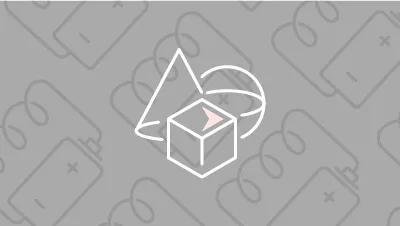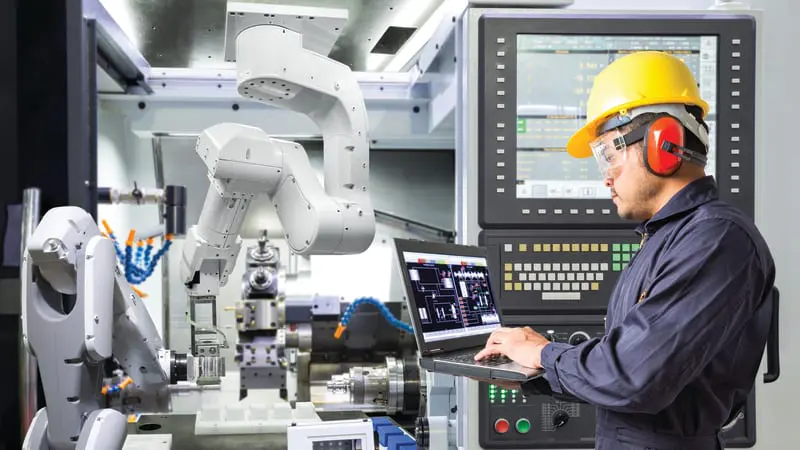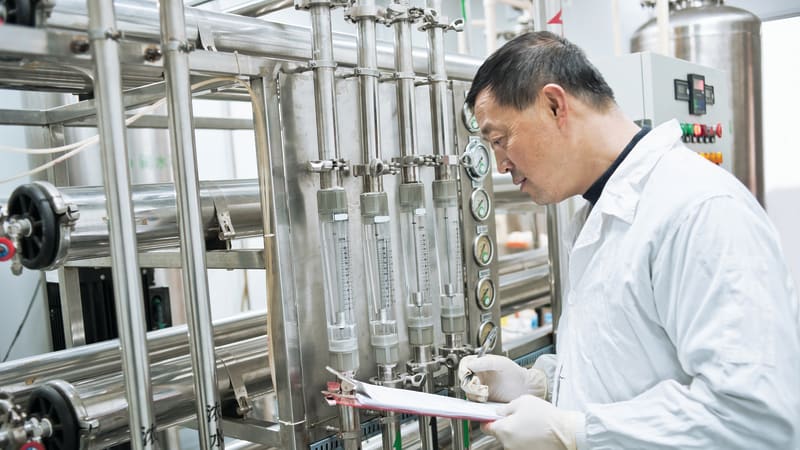As Singapore continues to lead the way in the Asia-Pacific semiconductor industry, major players like Micron, SSMC, and Global Foundries have established key operations here. With surging demand for integrated circuits driven by smart devices, 5G, AI, and IoT, the sector is set to create over 8,000 jobs in the next three to five years.
This course equips you with essential skills in Manufacturing Technology, Electrical Testing, Failure Analysis, Process Operations Troubleshooting, and Cleanliness and Contamination Control. Hands-on training in our state-of-the-art cleanroom and laboratories provides direct experience in wafer fabrication, IC assembly and testing, vacuum technology, and more.
Graduates can anticipate rewarding roles as Equipment Engineers, Process Engineers, Facility Engineers, and IC Test & Failure Analysis Engineers, making a lasting impact on advanced semiconductor manufacturing and the technology of tomorrow.











